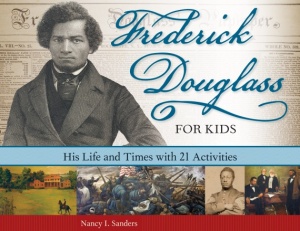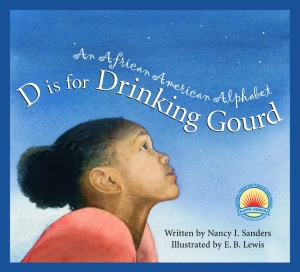Form a Critique Group
If you’re looking for a critique group to join, but can’t locate one in your area, here are some tips to help you start your own:
* Find a place that will accommodate potential size of group
* Public meeting room of library
* Small nook in book store or coffee shop
* Local community center or church
* Plan for your group
* Big or small?
* Focused or open to all?
* What time of day and how often?
* Fees or for free?
* Get the news out!
* Advertise in your community magazine
* Ask local newspaper to feature a write-up
* Post flyers around your community
* Prepare for the big day
* Have a sign-up list
* Provide a handout/welcome packet
* Include your name and contact info
* List logistics such as meeting times and place
* Clarify what to bring to the group
* Include information about critique groups in general
such as how to critique, what to look for, and how to handle advice
* Include an inspirational article for encouragement
EDITING MARKS
The Chicago Manual of Style has a list of copy editing marks that professionals use to edit manuscripts. It’s good to encourage members of your critique group to familiarize themselves with these marks and use them as you mark comments on each other’s manuscript. An added bonus is that you will be able to understand what they mean if an editor returns your submission with any of these marks on it to offer helpful suggestions for improvement.
CRITIQUE SHEET
A Critique Sheet is helpful to use as a guide when you critique someone’s manuscript. Please feel free to print the following one out and distribute it to members of your group.
Critique Sheet
* Character
* Strengths:
* Tips for Improvement:
* Dialogue
* Strengths:
* Tips for Improvement:
* Plot
* Strengths:
* Tips for Improvement:
* Setting
* Strengths:
* Tips for Improvement:
* Grammar/Structure
* Strengths:
* Tips for Improvement:
* Marketability
* Strengths:
* Tips to improve marketability:
* Appearance of Manuscript
* Is manuscript prepared in professional format? _____ Yes _____ No
* If not, suggestions for improvement:
HELPFUL QUOTES
“Focus is important in a critique group. It is not enough to say that a story is “great-I like it.” We must go over submissions as if we were an editor reading the piece for the first time-not a friend…Learning to critique effectively will also enlighten you with regard to writing and revising your own work.” Check out: http://members.aol.com/Raven763/article41critiquegroup.html- from writingforkids.lifetips.com
“Compete with yourself, not other writers. This is the way I approach my own writing career. I write with the goal to outperform myself - to make the writing in each story better than the last. In other words, focus on being the best writer YOU can be. Don’t worry about being better or more prolific than someone else. Forge a path for yourself, for your own creative journey; don’t use it to race against others.” - Haemi Balgassi from www.haemibalgassi.com/advice
“Moderator Kristi Holl: How can you tell if the criticism you receive is valid, since we won’t always agree with the critique?
Author Jill Rubalcaba: Well, they are all valid. But are they right for your work? I would say that if you take 10% you are taking a lot. The way I tell if it’s right for me is if it feels right. Does it strike a chord? Is it something that maybe when you were working on it you thought it was ‘off’ somehow, and they recognized it? Then if only one person feels that way maybe you needn’t look at what is said, but if everyone in the group is agreeing with someone’s critique you should seriously consider it. You may still decide, no, that’s not right for my work, but you have given it thought. And that examination will always bring improvement to your work.” -from a chat “Creating Successful Critique Groups” on www.institutechildrenslit.com/rx/tr01/jill_rubalcaba.shtml
“Another important rule to remember is to check your ego at the door. Critique group members are frequently at different stages along their writing paths. Instead of gleefully trouncing the work of a less experienced member, find something that works in his or her pages and compliment it. Then choose two or three helpful recommendations for the member to think about. Giving too many suggestions causes people to become so defensive that they tend to resist and learn nothing at all.” -Gwyneth Atlee from http://members.aol.com/Raven763/article41critiquegroup.html
“When I work without a critique group, I feel as though I am swimming upstream. I can get so close to my own writing that I become a poor judge as to what works and what doesn’t.”
-Lisa Wheeler from writersdigest.com
For tips and writing advice from one of my favorite critique groups I’ve ever belonged to, Wordsmiths, CLICK HERE.








